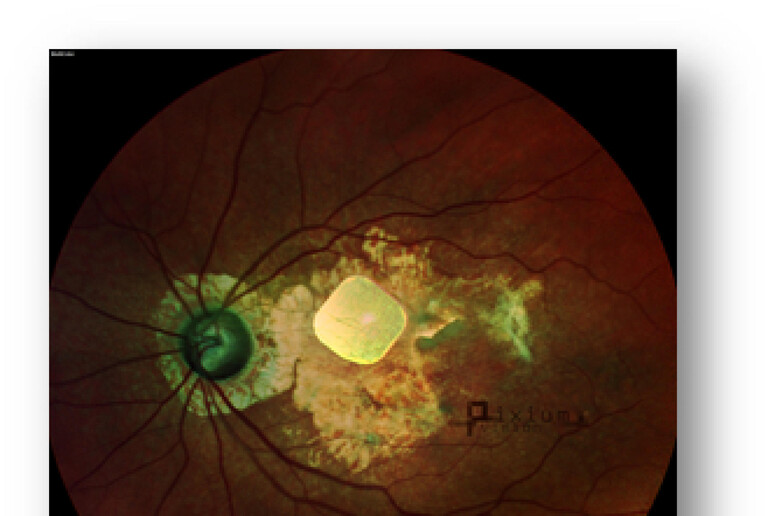A synthetic molecule created in Italy
has proven capable to reawakening retinal neurons to stave off
degenerative illnesses of the eye, according to a new study,
offering fresh hope against progressive blindness.
The 'made in Italy' molecular switch is able to restore the
response to light in retinal neurons affected by retinitis
pigmentosa and age-related macular degeneration, two diseases
that can lead to blindness.
The molecular switch is called Ziapin2 and the result, obtained
on preclinical models, raises new hopes for visual recovery in
degenerative retinal diseases., according to the study published
in the journal Nature Communications by the Italian Institute of
Technology and the IRCCS Ospedale Policlinico San Martino in
Genoa in collaboration with the Polytechnic University of Milan
and with the support of the Telethon Foundation.
Retinitis pigmentosa is a relatively rare genetic disease that
affects one in 3,500 people, while age-related macular
degeneration affects 7-8% of the population and its incidence
increases with aging.
To date, there are no effective therapies for restoring vision
and strategies such as retinal prostheses have only led to
partial results.
A breakthrough could come now thanks to the Ziapin2 molecule,
synthesized and tested for the first time in 2020 by Chiara
Bertarelli, Guglielmo Lanzani and Fabio Benfenati.
The result of the collaboration between IIT and Politecnico di
Milano was described in an article published in Nature
Nanotechnology.
The Ziapin2 molecule is a phototransducer, that is, it absorbs
light and transforms it into an electrical signal.
By inserting itself into the membrane of neurons, this molecule
modulates their excitability in a light-dependent manner without
interfering with ion channels or neurotransmitter receptors.
The new study shows that "Ziapin2 is a very promising molecule
for the restoration of visual responses in cases of
photoreceptor degeneration", said Fabio Benfenati, coordinator
of the Center for Synaptic Neuroscience and Technology at IIT
and affiliated with IRCCS Ospedale Policlinico San Martino.
"We have demonstrated that Ziapin2 is able to regenerate the
physiological antagonism between the 'on' retinal neurons, which
signal the presence of light, and the 'off' ones, which signal
the absence of light at the level of the retinal bipolar cells.
"The restoration of the differential activity is at the basis of
the complex retinal responses to light stimuli from which a more
natural vision derives", added Benfenati
"In preclinical models of retinitis pigmentosa, Ziapin2 restored
the responses to light and contrast up to two weeks after a
single intraocular injection without toxic or inflammatory
effects", added Stefano Di Marco, IIT affiliate researcher,
currently professor at the University of Genoa.
"This innovative approach could represent a turning point in
visual recovery in retinal degenerative diseases".
ALL RIGHTS RESERVED © Copyright ANSA











